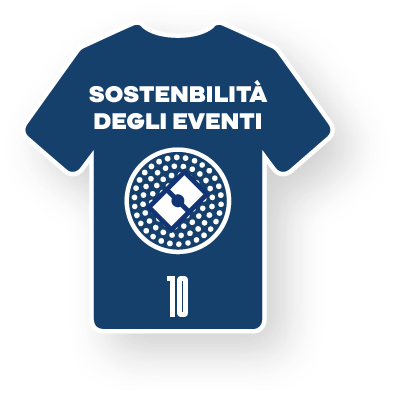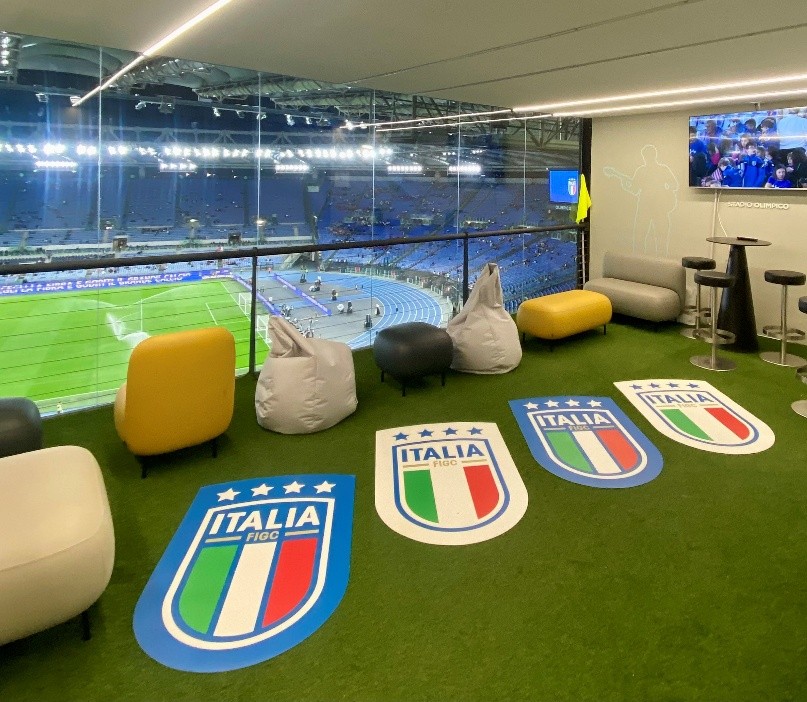
 Italy vs. Estonia: From audio description to the Quiet Room, the FIGC champions sustainability
Italy vs. Estonia: From audio description to the Quiet Room, the FIGC champions sustainability
Several initiatives are planned at the Stadio di Bergamo to promote social and environmental sustainability.
Wednesday, September 3, 2025

In line with its Social and Environmental Sustainability Strategy, during the match between Italy and Estonia on Friday 5 September, the FIGC will, as usual, promote a series of initiatives aimed at improving accessibility, inclusion, and the circular economy.

QUIET ROOM. With the support of the Italian Football Federation's Paralympic and Experimental Football Division, a Quiet Room will be opened at the Stadio di Bergamo for DCPS players with cognitive, psychological, and sensory disabilities. The Quiet Room aims to promote the inclusion of vulnerable individuals, giving them the opportunity to watch the match in a safe and welcoming environment, thus helping to make football a truly accessible sport for all.
PLAYER ESCORTS. Some of the children who will take the field with the Italian and Estonian footballers were selected by "Il sogno di Iaia Onlus" from among the young patients of the Papa Giovanni XXIII Hospital, the hospital for which the FIGC funded a project in 2022. The project, commissioned by the association, involved decorating several rooms in the pediatric, pediatric oncology, hepatology, pediatric gastroenterology, and transplant wards to promote the well-being of the young patients.
AUDIO DESCRIPTION FOR THE BLIND. An audio description service for blind and visually impaired fans will also be available at the stadium. Thanks to the collaboration with CMT’s Connect Me Too, which makes the service accessible, blind and visually impaired fans and their companions will be able to follow the Azzurri match through dedicated audio commentary accessible from their smartphones.
ENVIRONMENTAL SUSTAINABILITY. Hospitality areas will implement practices guided by circular economy principles: sustainable catering, elimination of plastic, use of organic and locally sourced produce, and collection and redistribution of leftover food.




